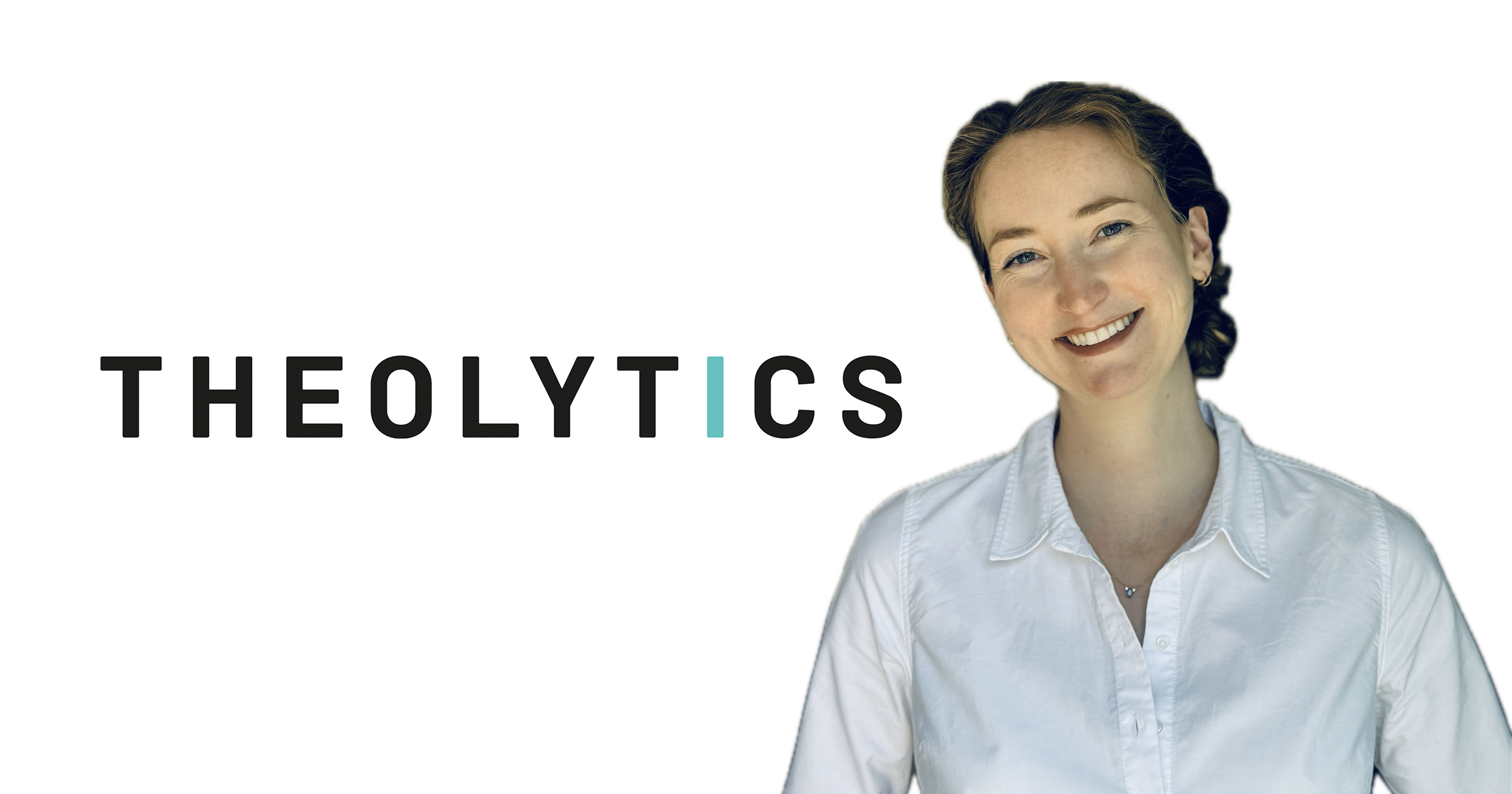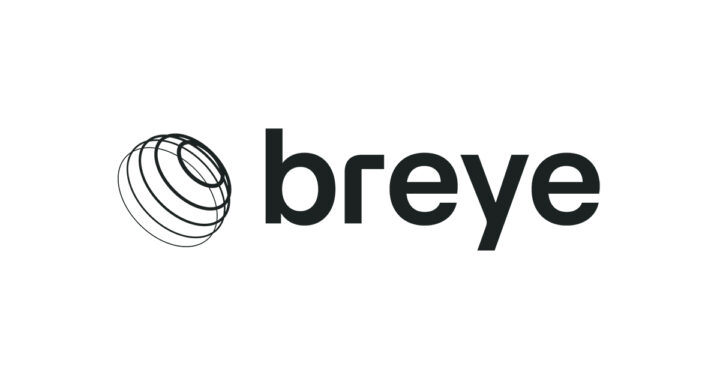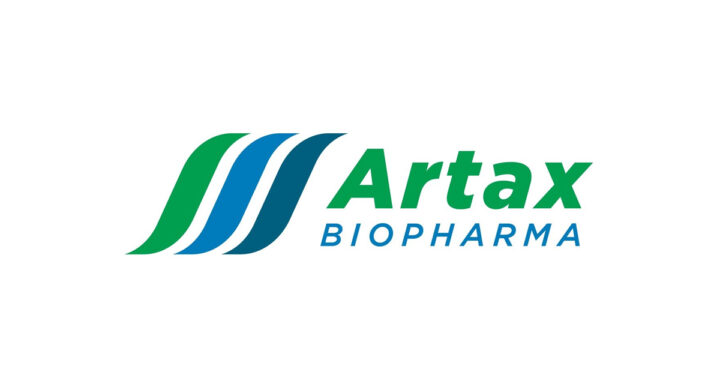UK-based Theolytics is about to begin the first clinical trials for one of its cancer-fighting viruses. It’s a major step for any biotech company, often reached only after years of adjusting and readjusting in both the lab and the boardroom. Successful growth requires adaptation, and Theolytics CEO/Co-Founder Charlotte Casebourne Stock knows all about it.
Being a biotech CEO was not originally a career goal for Casebourne Stock. She initially set out to be a doctor but changed course along the way, first taking the science route and then becoming drawn by an interest in drug discovery and development.
“There’s this place that sits in between the patients and direct clinical care and the research and the science. What did that look like?” Casebourne Stock recalls thinking. So, she followed up studying biomedical sciences at King’s College London with a graduate program for bioscience enterprise at the University of Cambridge, which “connected all the dots and was a great amalgamation of ‘how do we bring science to patients.’”
Not long after finishing her master’s degree, Casebourne Stock co-founded a consultancy to help academic institutions commercialize scientific breakthroughs. It was the start of her personal mission to enable equitable access to effective therapies but also how she became part of Theolytics. Casebourne Stock says she met the company’s other co-founders in 2017 when the three scientists from the University of Oxford’s Oncology Department were working on a technology “that completely captured my imagination.” After helping in the development of a business plan and raising initial funding, they asked her to join them as the founding CEO.
Starting with oncology & ovarian cancer
What had captured Casebourne Stock’s imagination was the idea of applying a proven method of drug discovery to the new field of viral-based therapies. Large-scale phenotypic selection — the process of identifying molecules and mechanisms that can affect the specific phenotypes of a cell — is a cornerstone of modern drug development. However, until the team at Theolytics began developing its technology, the approach was barely used in the discovery of novel viral therapies.
“We decided to build an adenovirus-based platform for versatility — it’s a really diverse virus class, genetically and phenotypically with broad application potential — and to apply that platform to go after oncology to start with,” explains Casebourne Stock.
The company’s lead therapy, THEO-260, is an adenovirus selected to target platinum-resistant ovarian cancer, which usually features cancer-associated fibroblasts (CAFs) blocking traditional therapies’ access to cancer cells and hiding tumors from the body’s immune system.
“THEO-260 is a virus that has been evolved specifically to infect, replicate in, and directly kill the CAFs and the cancer cells,” says Casebourne Stock. “There are two key mechanisms: direct kill and a secondary immune-activating effect. When the tumor cells are killed by the virus in a process called ‘lysis,’ they release cancer-associated markers that help to wake up and educate the body’s immune system such that it can mobilize itself against the cancer.”
Navigating through to the clinical phase
The first-in-human studies for THEO-260 are on track to begin in the middle of this year. It’s a momentous event for a biotech like Theolytics.
“Going into clinical trials for the first time as a company is a really exciting phase,” Casebourne Stock explains. “This is the ultimate test for the use of the platform technology, and oncology remains an area with significant unmet medical needs, especially for solid cancers, which is the focus of our lead program.”
There are two additional cancer-fighting adenoviruses in the company’s pipeline, one for multiple myeloma and one for colorectal cancer. Its underlying technological platform also offers a broad range of potential applications with a 100 million variant library through phenotypic selection, including possible gene therapies for treating genetic diseases that are inaccessible with current technology.
Yet, according to Casebourne Stock, getting this far involves more than just great technology. “The resilience and the creativity required to navigate through the concept-to-clinic journey is a function of the people,” she explains. “It takes a great team.”
And the team at Theolytics now includes Sound Bioventures.
“The people at Sound Bioventures have been pioneers in the oncolytic viral therapy space”
In April of 2024, Sound Bioventures announced it was joining a strong international syndicate backing Theolytics as part of a financing round totaling £19M ($24.5M). Along with funding, the firm will also provide critical guidance as the company enters the next phase of its evolution.
For Casebourne Stock, it’s a welcomed addition for moving on to the clinical stage of drug development. “The people at Sound Bioventures have been pioneers in the oncolytic viral therapy space,” she says, noting how individuals at the firm have witnessed many of the field’s key developments first-hand over the last decade. “We’re delighted to have them on board as investors. They bring a lot of knowledge and deep expertise.”
According to Casebourne Stock, bringing new therapies to patients requires people — like those at Sound Bioventures — from across multiple disciplines and joining with each new phase.
“Building a biotech requires constant evolution of the company through different stages of development,” she says. “It’s not always been easy, but it has been incredibly rewarding to lead Theolytics on that journey; I believe we’re on the brink of a step-change for the oncolytic virus field.”



